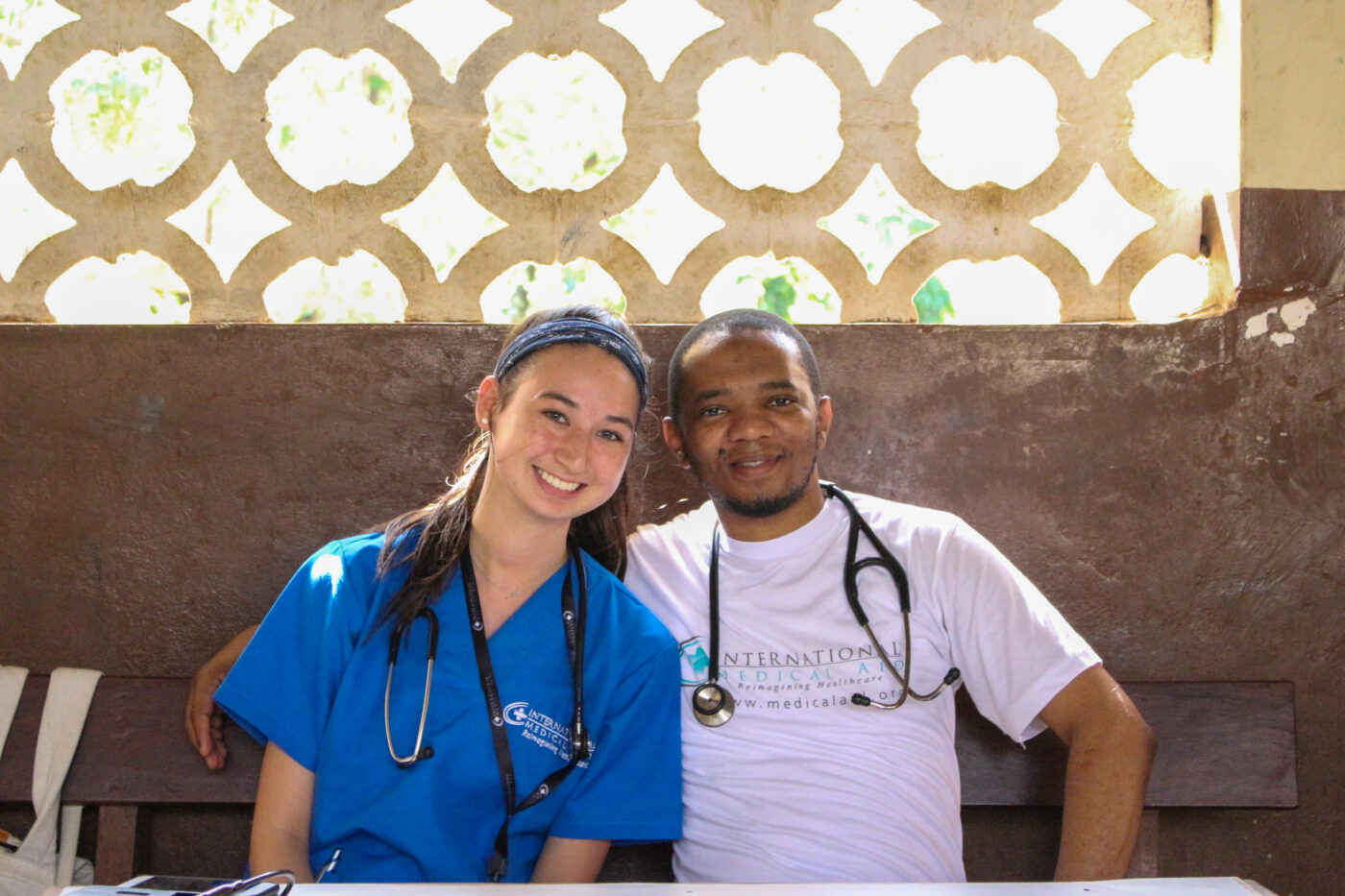The healthcare industry in 2025 is a dynamic and rapidly evolving field, offering a wealth of career opportunities for those eager to make a difference. As global health challenges grow and technology advances, the demand for skilled professionals across various roles has never been higher. Many aspiring healthcare workers, however, feel uncertain about where to start or what skills are needed to thrive.
Without clear guidance, they risk staying in stagnant jobs with limited growth or missing out on the chance to develop valuable expertise. This article explores the structure of the healthcare industry, outlines actionable strategies to begin your career, and emphasizes the importance of aligning your skills and passions with the needs of this vital sector. By understanding the industry and taking deliberate steps, you can position yourself for a rewarding healthcare career.
Understanding the Healthcare Industry
To embark on a healthcare career, it’s essential to grasp the industry’s structure and the diverse medical specialties that define it. In 2025, healthcare encompasses various disciplines, each addressing specific health needs and offering unique career paths. For instance, allergy and immunology specialists diagnose and manage conditions like asthma or autoimmune disorders, working in clinical settings, research, or education.
Anesthesiologists play a critical role in patient care by administering pain relief during surgeries, with opportunities to specialize in critical care or pediatric anesthesiology. Dermatologists treat skin, hair, and nail conditions, requiring expertise in both medical and cosmetic procedures. Family medicine physicians provide holistic, integrated care to patients of all ages, from newborns to seniors, emphasizing preventive health.
Ophthalmologists deliver comprehensive eye care, addressing vision issues through medical and surgical interventions. Understanding these specialties helps you identify where your interests align and which career paths offer the most growth potential. By exploring these fields, you can target roles that match your skills and aspirations, ensuring you’re not confined to a single area but can expand your expertise over time.
The healthcare industry’s complexity extends beyond clinical roles. In 2025, non-clinical positions like medical administration, health informatics, and policy development are equally vital, driven by integrating technology and data in healthcare systems. This diversity means you can pursue a career that suits your strengths, whether you’re drawn to patient care or operational efficiency. Knowing the industry’s structure empowers you to make informed decisions, pursue relevant education, and seek opportunities that align with emerging trends, such as precision medicine or health equity initiatives.
Strategies to Start Your Healthcare Career
The healthcare sector in 2025 is marked by unprecedented demand for professionals, fueled by an aging population, technological advancements, and a shortage of qualified workers as many retire or shift careers. This creates a unique opportunity for newcomers to fill critical gaps, but success requires strategic planning and preparation. Below are key approaches to launch your healthcare career, tailored to the realities of 2025.
Pursue a Relevant Educational Path
Education is a cornerstone of most healthcare careers, particularly for high-paying roles requiring specialized knowledge. In 2025, degrees like a Bachelor’s or Master’s in Nursing, or a Master’s in Public Health, open doors to roles such as nurse practitioners or health policy analysts, which are in high demand due to their focus on preventive care and system-wide improvements.
For those interested in clinical roles, a Bachelor of Science in Nursing provides a strong foundation for patient care, while an Associate Degree in Nursing offers a faster entry into the workforce. High-paying medical careers you can do with a bachelor’s degree include positions like health services managers, who oversee hospital operations, or clinical research coordinators, who manage cutting-edge medical studies.
Universities also offer interdisciplinary programs, such as health informatics or biomedical engineering, that prepare you for roles in technology and healthcare. If your goal is a clinical career, starting with an undergraduate degree in a science-related field can set you up for advanced study, such as medical school or physician assistant programs. Choosing the right educational path depends on your career goals and the time you can invest, but even shorter programs can lead to meaningful roles in a competitive job market.
For those not pursuing clinical paths, degrees in fields like business administration or computer science can still lead to healthcare careers. Hospitals and clinics increasingly rely on professionals to manage digital health records, analyze patient data, or streamline operations. A degree in information technology, for example, equips you to work in health informatics, ensuring secure and efficient data systems. By aligning your education with industry needs, you position yourself as a valuable candidate in a field hungry for diverse skill sets.
Develop Essential Skills
While formal education is critical for many healthcare roles, employers in 2025 also prioritize candidates with specialized skills that enhance patient care and operational efficiency. Clinical roles, such as nursing or medical assisting, require technical expertise, empathy, and strong communication to support patients and collaborate with physicians. However, non-clinical skills are equally in demand.
For instance, IT professionals with expertise in cybersecurity are needed to protect digitized patient data, while those with electronics knowledge maintain advanced medical equipment like MRI machines. The 5 biggest healthcare trends in 2021 everyone should be ready for today, though written earlier, highlighted the growing role of data analytics and AI in healthcare, a trend that has only intensified by 2025. Skills in data analysis or software development can lead to roles in health informatics, where you design systems to improve patient outcomes.
Non-technical skills, such as leadership and problem-solving, are also crucial. Medical administrators, for example, need organizational prowess to manage hospital budgets or staff schedules. Human resources professionals in healthcare ensure compliance with regulations, while accountants handle financial operations.
These roles don’t require medical degrees but demand adaptability and precision. By cultivating a mix of technical and soft skills, you can enter the industry through various entry points, from patient-facing roles to behind-the-scenes operations, and build a career that offers stability and growth.
Commit to Continuous Learning
Rapid advancements, from AI-driven diagnostics to new treatment protocols, will shape the healthcare industry in 2025, making continuous learning essential. Engaging in ongoing training will keep you informed about the latest techniques and technologies, ensuring your competitiveness.
Professional development programs, such as health data analytics workshops or medical coding certifications, equip you with tools to navigate complex challenges, like managing patient care during public health crises. Training also helps you identify skill gaps, boosting your confidence and employability.
For example, a course in health policy could prepare you for roles in advocacy, while training in biomedical device maintenance opens doors to technical positions. By staying curious and proactive, you demonstrate to employers your commitment to growth, a trait highly valued in a field where innovation drives progress.
Continuous learning also fosters resilience. Healthcare professionals face unpredictable situations, from evolving diseases to regulatory changes. Training programs provide practical strategies to handle these challenges, such as crisis communication or ethical decision-making. Whether through online courses, industry conferences, or employer-sponsored programs, investing in education ensures you can adapt and excel in a fast-paced environment.
Seek Mentorship
Finding a mentor is a powerful step toward a successful healthcare career in 2025. A mentor with experience in your desired field—whether nursing, health informatics, or administration—can offer guidance, share insights, and help you navigate challenges. They provide constructive feedback to refine your skills and align your ambitions with industry realities.
To find a mentor, attend networking events, join professional associations, or participate in healthcare conferences where you can connect with seasoned professionals. Building rapport with potential mentors, perhaps by discussing shared interests or seeking advice on career paths, can lead to formal or informal mentorship. A mentor’s perspective is invaluable, helping you avoid common pitfalls and seize opportunities, such as specialized training or job openings, that might otherwise go unnoticed.
In 2025, mentorship is particularly critical as the industry emphasizes interdisciplinary collaboration. A mentor can help you understand how your role fits into the broader healthcare ecosystem, whether you’re analyzing data or delivering patient care. They can also introduce you to networks that enhance your visibility and credibility, making it easier to transition into competitive roles.
Gain Practical Experience
Hands-on experience is a cornerstone of a healthcare career, providing insights into real-world challenges and clarifying your career goals. In 2025, volunteering or interning in healthcare settings, such as hospitals, clinics, or community health organizations, offers a low-stakes way to explore roles like medical assisting or health education. Healthcare internships in Peru, for example, allow you to work in underserved communities, gaining cross-cultural experience while shadowing professionals.
These opportunities expose you to diverse healthcare systems, enhancing your adaptability and cultural competence, skills highly valued by employers. Volunteering at a local clinic might involve assisting with patient intake, giving you a front-row seat to clinical operations, while research internships let you contribute to cutting-edge studies.
Practical experience also builds your resume and demonstrates initiative. Employers in 2025 prioritize candidates who show commitment through action, whether organizing community health fairs or supporting lab technicians. Internships and volunteer roles often lead to job offers or references, giving you a competitive edge. By immersing yourself in different healthcare environments, you refine your skills, confirm your interests, and build a foundation for long-term success.
Final Thoughts
The healthcare industry in 2025 is a vibrant field brimming with opportunities for those ready to seize them. From clinical roles like nursing to non-clinical positions in data analytics or administration, careers in healthcare offer stability, growth, and the chance to make a meaningful impact.
Success requires a strategic approach: pursue relevant education, develop a versatile skill set, commit to continuous learning, seek mentorship, and gain hands-on experience through volunteering or programs like healthcare internships in Peru. You can forge a rewarding career by aligning your passions with the industry’s needs and staying adaptable in a tech-driven landscape. Whether you aspire to care for patients or innovate behind the scenes, the healthcare sector welcomes those prepared to learn, grow, and contribute to a healthier future.





